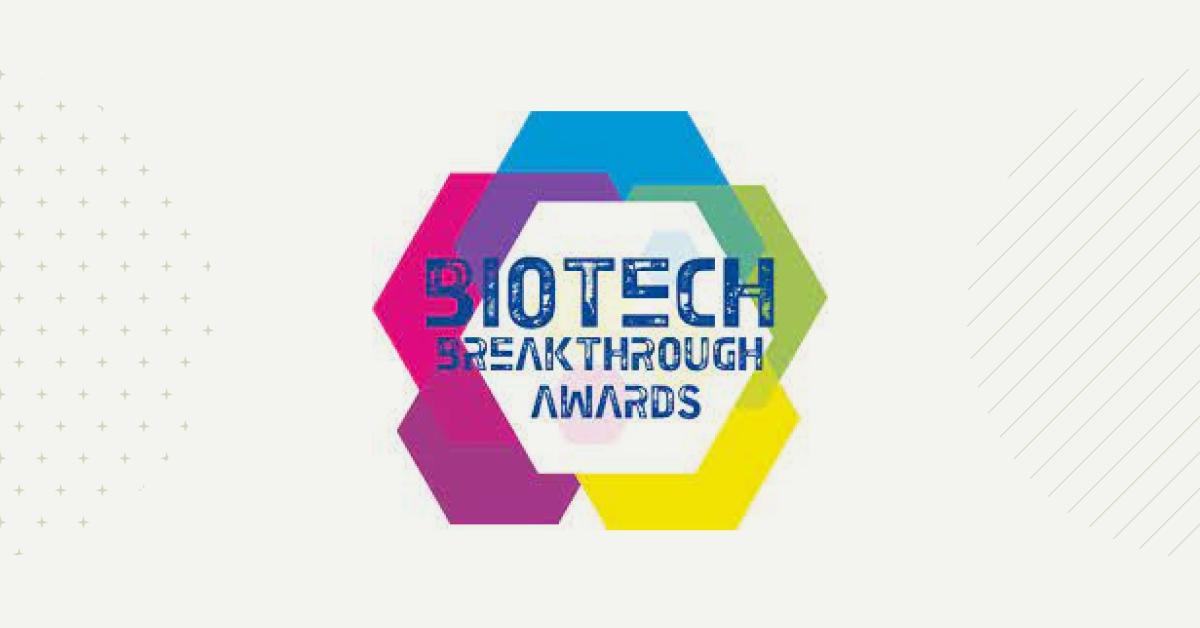
As the pharmaceutical industry faces an innovation gap, small startup to mid-size biotechs are increasingly helping fill the gap. A look at new molecular entity (NME) approvals over the last few years shows that companies in the lowest revenue-class are responsible for a growing share of approvals. EY reports that in 2015 only 8% of NME approvals were attributed to companies with less than $1 billion revenue, while companies with revenues in excess of $10 billion were responsible for 55% of NME approvals. By 2021, shares for each revenue class were nearly equal at 30% and 31%, respectively. What is driving this change?
The Freedom (and Pressure) for Biotech Innovation
Biotechs may simply have more freedom to innovate. They don’t have a status quo to break. They are oftentimes more agile, quicker to adopt new technologies, and more willing to take risks. While some may have the backing of larger partners who want to overcome an innovation drought or get ahead of looming patent expirations, these partners, like biotech investors in general, are increasingly less willing to go all in. This trepidation is partly due to a rapid rise and fall in valuations during the biotech market’s COVID boom and subsequent bust. As a result, biotechs today are left with the pressure to innovate, but without the easy funding they once enjoyed. Where does this leave them?
More autonomy, Less Safety Net
Some biotechs are choosing to stay the traditional course, and, as such, face increasingly cautious investors who want to hold for mature assets and proven differentiation. Others are choosing to forge ahead themselves. According to McKinsey, more than half of all blockbuster launches between 2021 and 2025 will come from companies who have never launched a drug before. Unfortunately, this new reality is often a harsh one, as first-time launchers are significantly less likely than experienced launchers to meet sales projections.
Biotechs Can Invest in Success
Whether looking to secure funding or stay the course alone, one thing is certain—biotechs must prepare for success. How can they do this?
Invest in technology that helps innovators innovate.
As teams and projects grow, biotechs can quickly become bogged down by systems and processes that just don’t scale well. For example, researchers may waste time formatting, mapping, and transferring data between applications. Or they may repeat work due to lack of insight into previous projects. No matter the frustration, they will rely on their IT departments to provide solutions that will free them to focus on science and innovation. These IT departments are often left with a choice: enter what may be an endless cycle of system integrations and support calls, or find a vendor whose offerings deliver the applications their scientists want on a flexible and scalable data infrastructure.Scrutinize processes and optimize R&D workflows.
Investing in R&D technology will all be for naught if process changes aren’t also made a priority. Industry experts increasingly agree that transformational change is needed to remain viable in today’s market. What does this mean? Workflows need to be streamlined end-to-end. Teams need to be able to collaborate better. Decision making needs to be data-driven. Unfortunately, unique and domain-specific challenges often stand in the way of these goals. When vetting vendors, biotechs need to find a partner whose level of expertise can match the complexity of their endeavor.Create a rich data foundation for leveraging advanced analytics.
As artificial intelligence (AI) and machine learning (ML) gain ground in other industries, the biotech industry is looking to follow suit. But the benefits of AI and ML will elude companies who do not have a strong data foundation. As such, biotechs need to have an R&D infrastructure in place to capture lab data, integrate third-party data, break free from data silos, and ensure model-quality data. These goals can be a tall order when facing growing volumes and varieties of data, as well as teams scattered across domains and locations; but a rich data foundation is an essential precursor to AI/ML and companies must find a vendor whose solutions can handle data from all steps of their R&D lifecycle.Prepare assets for regulatory review with secure and trusted data.
In recent years, FDA violations related to data integrity have been on rise for a variety of reasons, ranging from compromised data to security concerns to missing audits. Assessing data integrity will likely become even more complicated as AI starts to play a larger role in drug discovery. With these concerns top of mind, many biotechs are making data integrity and security key considerations as they evaluate lab technology solutions.
Scalable R&D Solutions for Biotechs
Dotmatics helps biotechs thrive. Our end-to-end data-management platform ensures that all diverse R&D data are accurately captured, easy to find, and ready to use within the specialty applications that experts need to innovate and make informed research decisions. Our Small Molecule Drug Discovery Solution wraps together key functionality biotechs need for hit and lead identification, lead optimization, and candidate selection. It features:
Fully integrated laboratory informatics software that quickly and cleanly captures instrument data, experiments, molecules, samples, and assays.
Decision-support tools that enable gathering, merging, analyzing, searching, and visualizing trustworthy, democratized project data.
Guided workflow capabilities and pre-configured templates that support continuous collaboration between internal and external partners and help ensure data quality and compliance.
With Dotmatics, biotechs are choosing a solution that enhances data-driven collaborative research, reduces technical debt and total cost of ownership, streamlines processes and workflows, and scales as their needs change. The Dotmatics R&D platform delivers the market’s first true end-to-end solution for scientific R&D, combining an enterprise data platform with an ever-growing collection of applications scientists know and trust, including Cytapex, FCS Express, Geneious, GraphPad Prism, nQuery, OMIQ, Protein Metrics, and SnapGene.
Get a demonstration of Dotmatics to see how your biotech organization can benefit from having a data-driven platform to enhance and optimize scientific decision-making.




